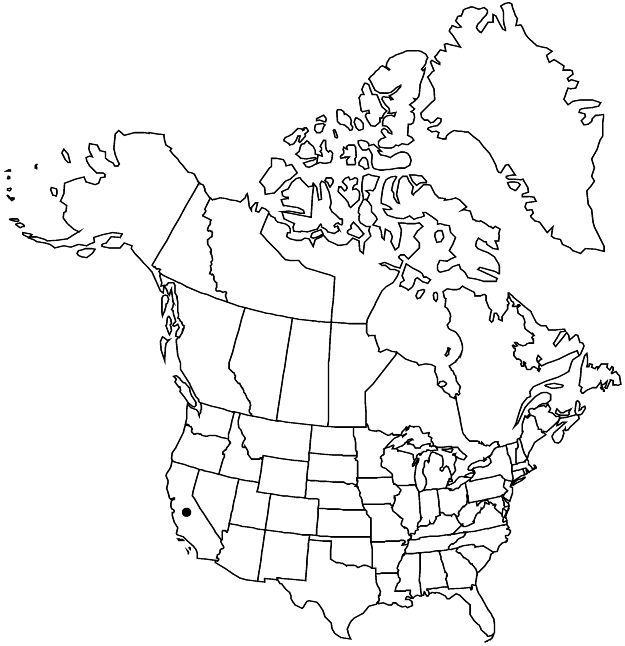Difference between revisions of "Silene coniflora"
in A. P. de Candolle and A. L. P. P. de Candolle, Prodr. 1: 371. 1824.
FNA>Volume Importer |
imported>Volume Importer |
||
| (5 intermediate revisions by one other user not shown) | |||
| Line 1: | Line 1: | ||
{{Treatment/ID | {{Treatment/ID | ||
|accepted_name=Silene coniflora | |accepted_name=Silene coniflora | ||
| − | |accepted_authority=Nees ex | + | |accepted_authority=Nees ex de Candolle |
|publications={{Treatment/Publication | |publications={{Treatment/Publication | ||
|title=in A. P. de Candolle and A. L. P. P. de Candolle, Prodr. | |title=in A. P. de Candolle and A. L. P. P. de Candolle, Prodr. | ||
| Line 8: | Line 8: | ||
}} | }} | ||
|common_names=Multinerved catchfly | |common_names=Multinerved catchfly | ||
| + | |special_status={{Treatment/ID/Special_status | ||
| + | |code=I | ||
| + | |label=Introduced | ||
| + | }} | ||
|basionyms= | |basionyms= | ||
|synonyms={{Treatment/ID/Synonym | |synonyms={{Treatment/ID/Synonym | ||
|name=Silene multinervia | |name=Silene multinervia | ||
|authority=S. Watson | |authority=S. Watson | ||
| + | |rank=species | ||
}} | }} | ||
|hierarchy=Caryophyllaceae;Caryophyllaceae subfam. Caryophylloideae;Silene;Silene coniflora | |hierarchy=Caryophyllaceae;Caryophyllaceae subfam. Caryophylloideae;Silene;Silene coniflora | ||
| Line 27: | Line 32: | ||
|elevation=0-2000 m | |elevation=0-2000 m | ||
|distribution=Calif.;Mexico (Baja California);Asia. | |distribution=Calif.;Mexico (Baja California);Asia. | ||
| − | |discussion=<p>Silene coniflora apparently was introduced into North America in the early days of European exploration and settlement of the Pacific coast. It occurs as a native species from the eastern shores of the Mediterranean to Pakistan and Afghanistan. The report by C. V. Piper (1906) of its occurrence in Washington is based on a specimen of S. conica. I have been unable to confirm the statement by M. E. Peck (1961) that S. multinervia is “sparingly introduced” along the coast of Oregon.</p> | + | |introduced=true |
| + | |discussion=<p><i>Silene coniflora</i> apparently was introduced into North America in the early days of European exploration and settlement of the Pacific coast. It occurs as a native species from the eastern shores of the Mediterranean to Pakistan and Afghanistan. The report by C. V. <i>Piper</i> (1906) of its occurrence in Washington is based on a specimen of <i>S. conica</i>. I have been unable to confirm the statement by M. E. Peck (1961) that S. multinervia is “sparingly introduced” along the coast of Oregon.</p> | ||
|tables= | |tables= | ||
|references= | |references= | ||
| Line 36: | Line 42: | ||
-->{{#Taxon: | -->{{#Taxon: | ||
name=Silene coniflora | name=Silene coniflora | ||
| − | + | |authority=Nees ex de Candolle | |
| − | |authority=Nees ex | ||
|rank=species | |rank=species | ||
|parent rank=genus | |parent rank=genus | ||
| Line 51: | Line 56: | ||
|publication title=in A. P. de Candolle and A. L. P. P. de Candolle, Prodr. | |publication title=in A. P. de Candolle and A. L. P. P. de Candolle, Prodr. | ||
|publication year=1824 | |publication year=1824 | ||
| − | |special status= | + | |special status=Introduced |
| − | |source xml=https:// | + | |source xml=https://bitbucket.org/aafc-mbb/fna-data-curation/src/2e0870ddd59836b60bcf96646a41e87ea5a5943a/coarse_grained_fna_xml/V5/V5_358.xml |
|subfamily=Caryophyllaceae subfam. Caryophylloideae | |subfamily=Caryophyllaceae subfam. Caryophylloideae | ||
|genus=Silene | |genus=Silene | ||
Latest revision as of 22:10, 5 November 2020
Plants annual; taproot slender. Stems erect, simple or branched, 20–65 cm, glandular-pubescent. Leaves: proximal forming rosette, blade oblanceolate, spatulate, 3–8(–12) cm × 5–13(–25) mm, apex ± obtuse, sparingly pubescent and glandular; cauline reduced distally, blade lanceolate, 1–7 cm × 2–15 mm, apex ± acute, sparingly pubescent and glandular. Inflorescences dichasiate, open, bracteate; bracts leaflike, to 15 mm. Pedicels ascending, 1–3(–5) cm, densely glandular-pubescent, viscid. Flowers: calyx prominently 20–25-veined, ovate-conic, 8–12 mm, margins dentate, coarsely pubescent, glandular, lobes erect, narrowly lanceolate, 2–3 mm, margins membranous ca. 1/4 length of calyx; corolla inconspicuous, cream, purple tinged adaxially, dull orange abaxially, equaling or slightly longer than calyx, limb ovate, 1–3 mm, apex notched, appendages absent, auricles round, small; stamens shorter than corolla; stigmas 3, shorter than corolla. Capsules tightly enclosed in calyx, ovoid, with narrow opening, opening by 6 triangular teeth ca. 1 mm; carpophore ca. 1 mm. Seeds dark brown to black, rotund, 0.6–1 mm broad, papillate. 2n = 20 (Asia).
Phenology: Flowering spring–early summer.
Habitat: Open places, oak parklands, especially after burning
Elevation: 0-2000 m
Distribution

Introduced; Calif., Mexico (Baja California), Asia.
Discussion
Silene coniflora apparently was introduced into North America in the early days of European exploration and settlement of the Pacific coast. It occurs as a native species from the eastern shores of the Mediterranean to Pakistan and Afghanistan. The report by C. V. Piper (1906) of its occurrence in Washington is based on a specimen of S. conica. I have been unable to confirm the statement by M. E. Peck (1961) that S. multinervia is “sparingly introduced” along the coast of Oregon.
Selected References
None.